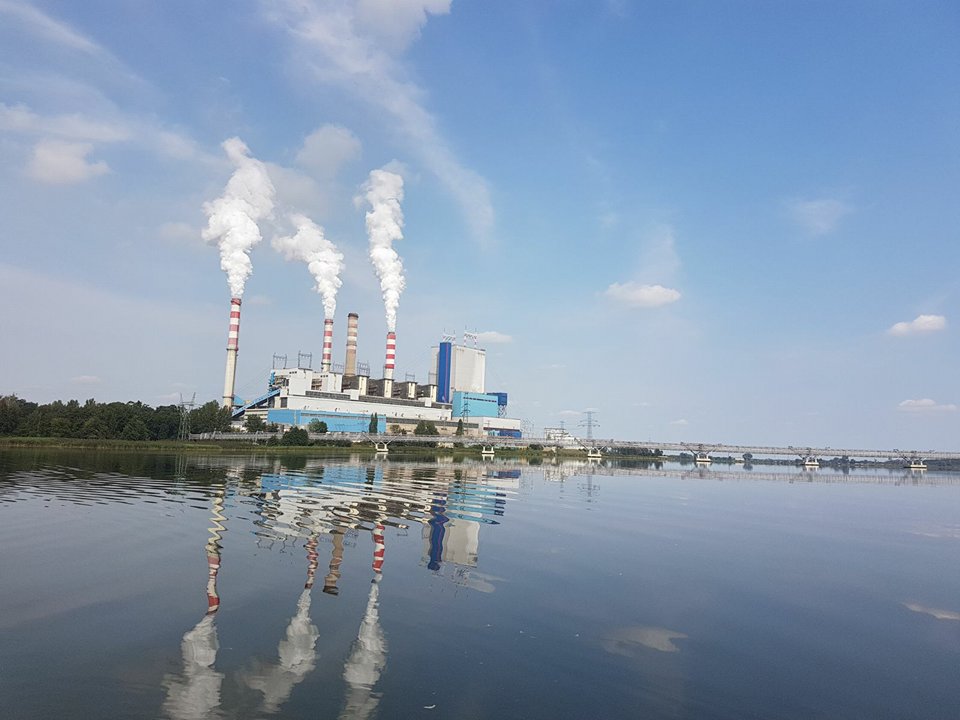What goes on in Poland on the 9th of March.
NPP in Pątnów a step closer
Polska Grupa Energetyczna (PGE) and ZE PAK, which will build together the NPP in Pątnów, have submitted an application for a merger approval. The document will now land on the desk of the President of the Office of Competition and Consumer Protection (UOKiK).
On March 7, Polska Grupa Energetyczna and ZE PAK signed a preliminary agreement on establishing a special-purpose company that will implement the NPP construction project in the Konin area. PGE and ZE PAK will each hold 50 percent of the shares in the newly formed company, making decisions on the basis of a compromise.
The plan is that the special purpose vehicle will handle the next stage of the project, which includes a feasability study, site survey and an environmental impact assessment for the NPP. Preliminary analyses have shown that at least two APR1400 reactors with a total capacity of 2800 MW can operate there.
EU energy market reform may undermine Poland’s atomic efforts
The proposal to reform Europe’s energy market to ensure a stable energy supply in an era of energy transition involves financing new power plants with contracts for difference. However, Poles don’t want to use them to bankroll the construction of NPPs, but they need to receive an EC approval for financing.
A draft model for supporting the construction of new pumped storage, solar, wind and nuclear power plants obtained by Reuters says that they will be financed with contracts for difference. This solution is used, for example, for Polish offshore wind farm projects. In such a scheme the energy producer receives a contract with a set price for delivering the power that guarantees a return on investment. This means that the cost is transferred to the recipients.
The Ministry of Climate and the Environment has decided against using differential contracts to finance Polish nuclear power plants, whose financial model is currently being negotiated. Poles do not want to burden the recipients with the costs by adding a nuclear fee, which would finance the possible contract for difference, to the energy bill. Various financing models are therefore at stake, including a cooperative scheme and the SaHo described in BiznesAlert.pl.
However, Poland will have to submit the negotiated model for financing the nuclear power plant to the European Commission, so that it can approve its compliance with European regulations.
Three scenarios if Poland’s NPP is delayed
At a committee meeting at the Sejm, professor Waldemar Kamrat from the Gdańsk University of Technology presented three scenarios for Poland in case its nuclear project is delayed. Renewable energy sources play the key role in each of the three versions.
The first scenario includes renewables, increased power imports and natural gas as transition fuel. „Coal-fired power plants will be decommissioned after 2030 and replaced by new renewable capacities and controllable gas blocks. An additional 3 GW of capacity thanks to gas-fired plants will ensure system stability. The missing 20 TWh of electricity will be covered partly by increased imports (up to 25 TWh) and partly by increased gas generation,” he explained.
The second scenario talks about renewable energy with increased energy imports and a limited role for gas. „Coal-fired power plants after 2030 will provide a reserve of 3 GW of missing capacity and produce about 10 TWh of energy, the remaining 10 TWh will be covered by increased imports (up to 30 TWh). Investments in gas blocks will be carried out as provided for in PEP2040, that is, without increasing their scope,” said Waldemar Kamrat.
The third scenario involves renewables, coal and CCS U as the transition fuel. „The rapidly growing prices of CO2 emission allowances should lead to a reconsideration of the carbon investment scenario with the use of CO2 capture (CCSU option) in selected lignite or hard coal power plants (new 1000 MW and 500 MW units, CCS ready). During the transition period, the coal units will provide capacity (3 GW) and electricity (20 TWh); in addition, electricity imports are expected in the amount of about 20 TWh,” the professor illustrated.
Tauron and Rafako extend deadline
Tauron has reported that the mediation with Rafako on the dispute over the breakdowns at the new unit at the Jaworzno Power Plant has been extended until 22 March.
The companies are in talks before the arbitration court at the General Prosecutor’s Office of the Republic of Poland on how to terminate the contract for the construction of a new 910 MW unit at the Jaworzno Power Plant, which is experiencing a series of breakdowns. Tauron believes that it was incorrectly built by Rafako, while Rafako accuses Tauron of using the wrong fuel.
Extending the talks allows for the suspension of the enforcement of the claims that Taruon and Rafako make against each other. They exceed more than a billion zlotys.









